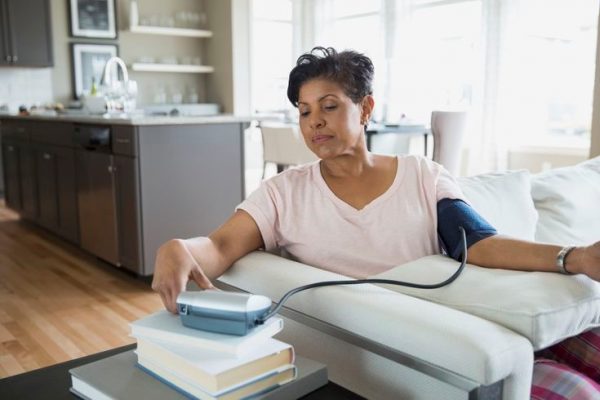DIY, Do It Yourself is a concept most of us are familiar with. It is simply meant to promote relative self-sufficiency through the completion of tasks without the aid of a paid expert. When the DIY mentality is adopted backed by some ad-hoc training and aids, one is able to acquire some utility skills and be in the position to some extent fix some everyday problems.
Adoption of DIY was generally triggered by marketplace motivation usually for economic factors or for identity enhancement wherein the issues of self-empowerment and uniqueness are dominant. History put the first record of DIY principle to that of a detailed assembly instructions unearthed in the ruins of a 6th century BC temple-like structure by Italian archaeologists which in the words of Professor Christopher Smith of British School at Rome “was the clearest example yet found of mason’s mark of the time, like somebody instructing others on how to mass produce components and put them together in this way”
Over time, it has assumed a broader application now being used in many other fields. In the health sector, it is more recent, covering areas like DIY diagnosis, DIY healthcare technology, DIY testing and DIY prevention. DIY principle in healthcare recognizes that keeping people healthy and not struggling over their health after they got sick is the way to rethink health care. This requires more than the introduction of new technologies and it is beyond the 4 walls of a doctor’s office.
Healthmization is a fusion word from health and optimization meaning an alternative, cost-effective means of achieving the highest level (under the given constraints) of physical, social and mental well-being. Healthmization is about more education, less medication, about healthcare, not disease care and about more of prevention, less of cure. DIY Healthmization promotes self-empowerment and self-care using one of the key principles of health promotion by developing personal skills. After all, nobody really can have a higher interest in an individual’s health than the individual himself or herself.
With DIY Healthmization people get to take more charge of their health by being more self-responsible, proactive, demonstrating a stronger sense of purpose with conscious deliberate actions over their health, doing more to prevent diseases, getting inspired to focus on wellness rather than tackling illnesses and being on top of their health just like they will be on top of their finances.
Increasingly, it is being recognized that health outcomes are driven less by medical care and more by other social, behavioural and environmental factors. The world is, therefore, rethinking and reimagining healthcare as exemplified by the major attention DIY Health received at the 2016 World Economic Summit in Davos, Switzerland. The concept recognizes this complex nature of diseases which usually have an origin in a combination of factors like individual genetic disposition, environmental factors, lifestyle and many other external factors broadly referred to as social determinants.
The panacea to the rising prevalence of chronic non-communicable diseases like cancer, stroke, hypertension and diabetes etc, the increasing burden of healthcare costs, the mounting pressure on healthcare manpower and the many hazards of hospitalization is DIY Healthmization. It is not intended to make you’re a doctor but to make you well informed about your health, puts you in the driver’s seat and encourages you to be conscious, deliberate and proactive on your health. In the final analysis, your doctor will just be an assistant rather than a demigod on your health.
In Nigeria, where resources are generally constrained and the strike by health workers is a common phenomenon, shifting attention from hospital care to home care and from professional care to self care can only help to up the wellbeing of the people and change the trajectory of our health system from mopping the floor to stopping the leaks.


